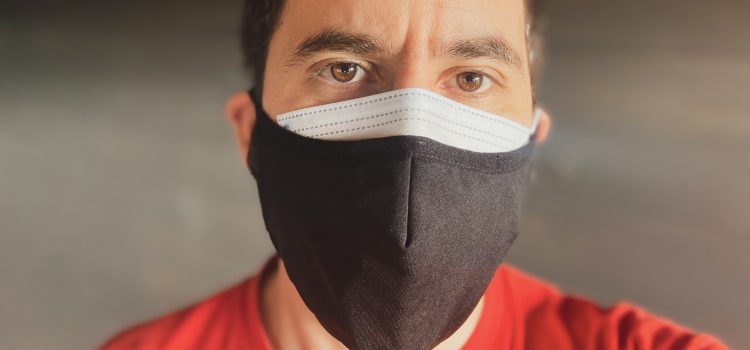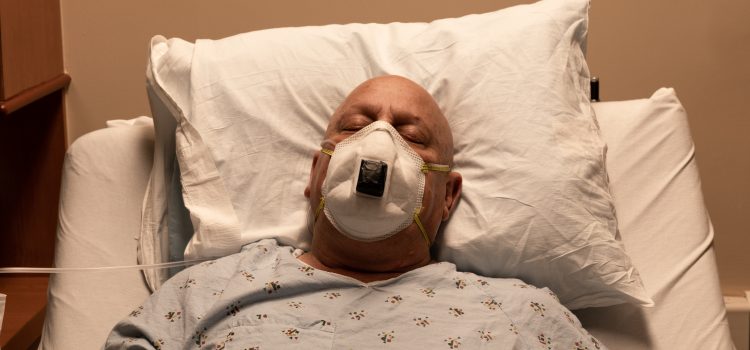Whether it’s fear of getting infected or just a refusal to wait for hours while patients who are concerned they could have COVID-19 take precedence, too many people with chronic illness are shying away from the emergency room when they are having an acute experience these days. An article published recently in Medscape Medical News detailed the story of several patients who fear that their local hospital just won’t have room for them when they …
Read More









